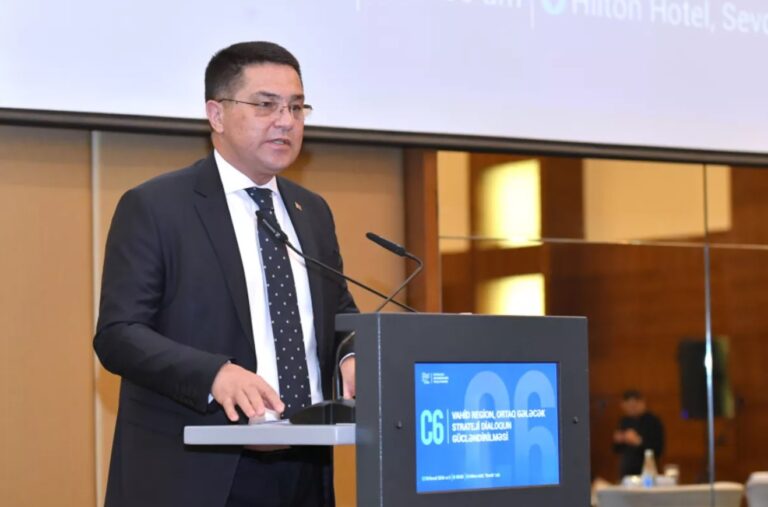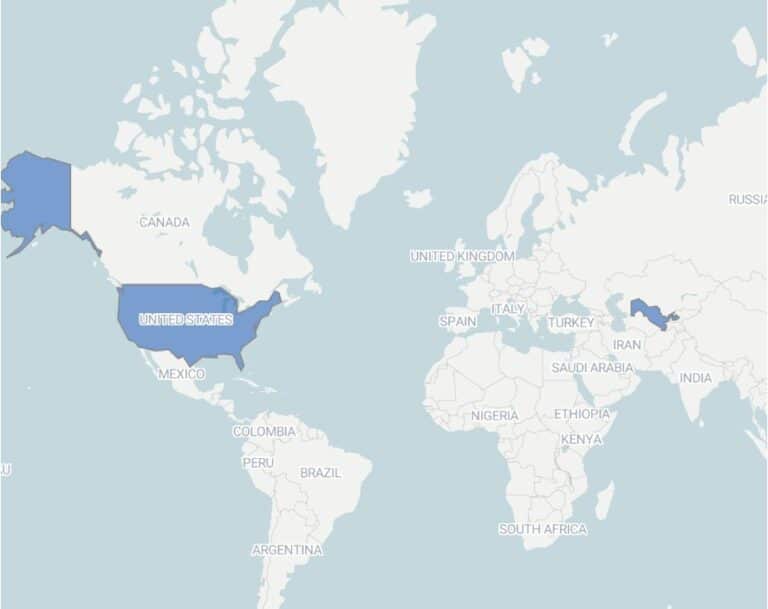
The second session of the industry conference «Uzbekistan’s Capital Market: New Investment Opportunities», organised by Kursiv Uzbekistan, focused on debt financing. Key players — from banks to fintech firms — discussed how the corporate bond market is evolving, what tools are already working, and what is still needed to make the market truly broad-based.
Bekhruzbek Ochilov: The market exists — now it needs scaling
According to Bekhruzbek Ochilov, Director of Investment Banking at ALKES, the volume of corporate bonds in Uzbekistan has reached USD 200 mln. That’s still less than 1% of GDP, but already twice as much as a year ago.
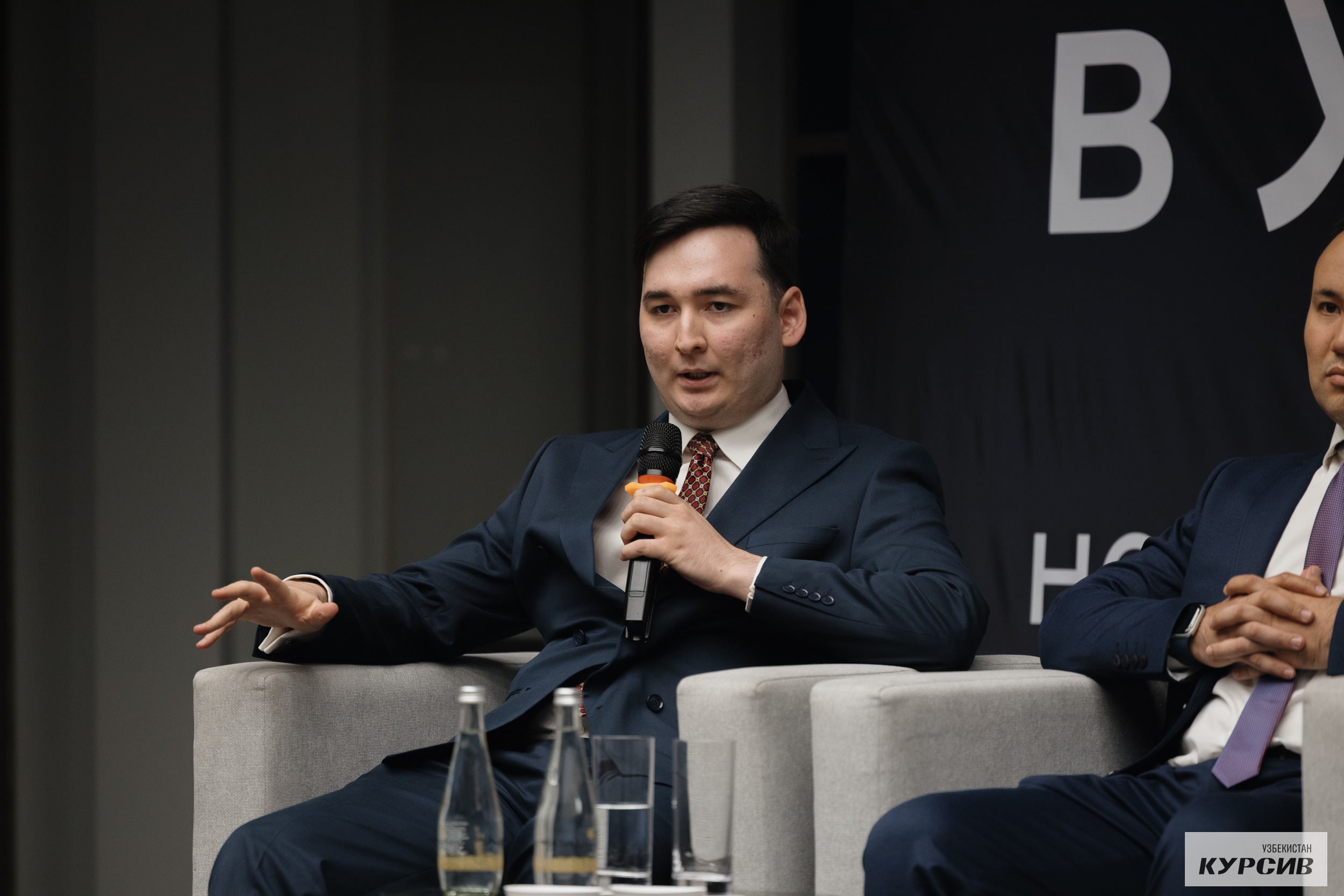
«Corporate bonds are growing. In 2022, their share was negligible. Now it’s a distinct market segment, albeit in the early stages,» he noted.
He added that the upgrade of Uzbekistan’s Fitch rating from BB- to BB has allowed issuers to raise capital at a lower cost. Even a 0.5–0.7 percentage point reduction in interest rates makes a significant difference.
In addition, ALKES acted as underwriter for the largest private placement in Uzbekistan’s history — Uzum Nasiya’s UZS 300 bn bond issue. More than 80% of the issuance has already been placed.
Marat Nurmamatov: Bonds make housing more affordable
Marat Nurmamatov, Deputy CEO of the Mortgage Refinancing Company, emphasised that the institution was created to support affordable housing. Since then, it has raised UZS 790 bn through five bond issues — including the country’s first green bonds.
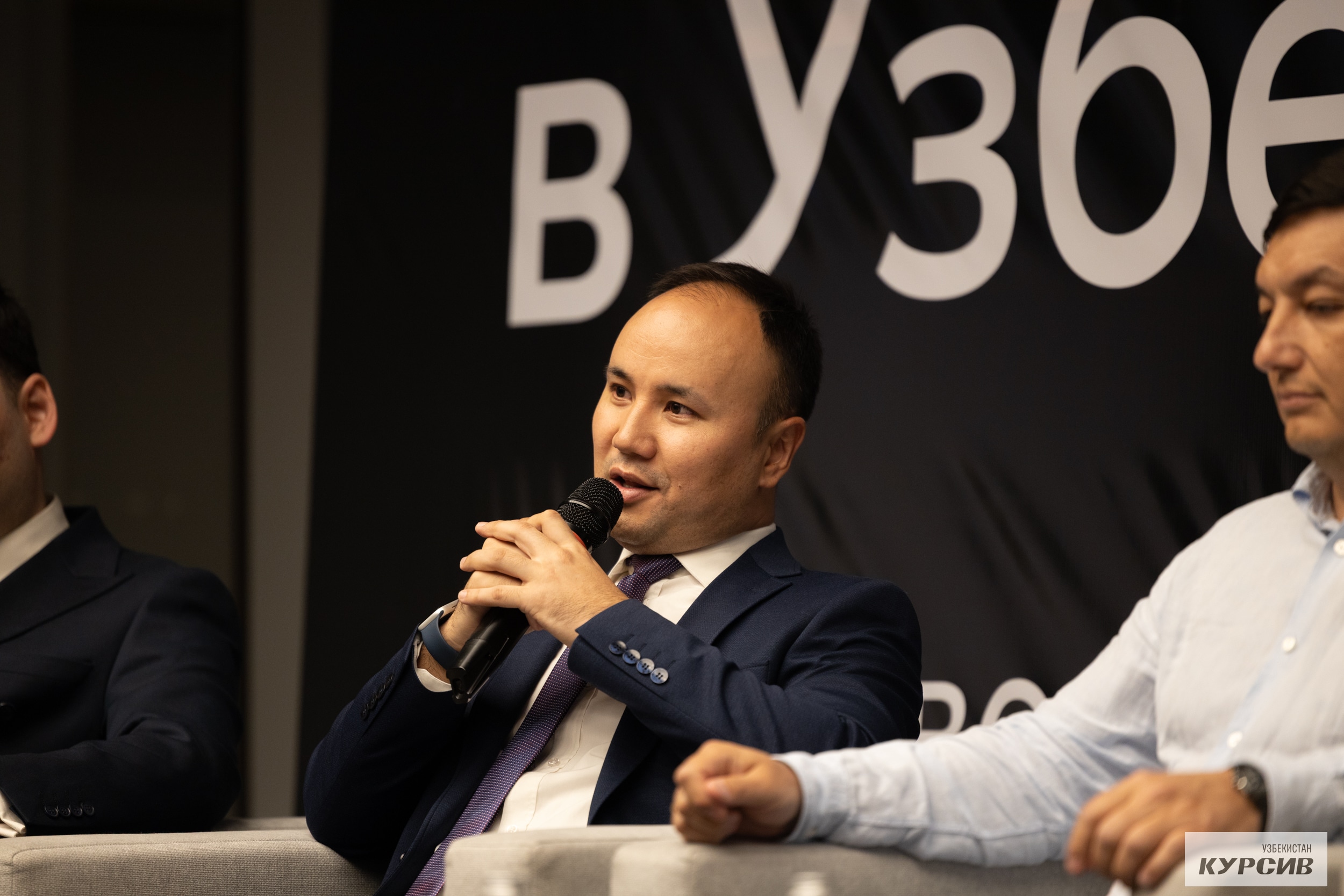
«Uzbekistan needs more housing every year. Mortgages aren’t a luxury, they’re a necessity. Bonds allow us to raise funds in soum without taking on currency risk,» he said.
He also noted that the green bonds comply with ICMA Green Bond Principles and were validated by an international second-party opinion. The company plans to publish its first ESG report in September, detailing emission reductions and the allocation of proceeds.
Arman Mangitov: SMEs can drive the market
Arman Mangitov, Chairman of Agat Credit, sees bonds as an alternative to bank loans for small and medium-sized businesses. The company has already issued bonds worth UZS 40 bn with a 29% interest rate and a nominal value starting at UZS 100,000 — attracting both institutional and retail investors.

«We manage a short-term portfolio. One-year bonds are ideal for us and for investors. We don’t need long-term loans — we need flexible funding,» he said.
According to Mangitov, Agat Credit aims to become a regular issuer, with up to three placements annually. The company is also preparing a dollar-denominated issue on the Astana International Exchange.
Spartak Tetrashvili: Without a secondary market, investors won’t commit
Spartak Tetrashvili, Chairman of the Board at TBC Bank, pointed out that the main barrier to market growth isn’t lack of interest — it is infrastructure. In particular, the absence of a liquid secondary market.
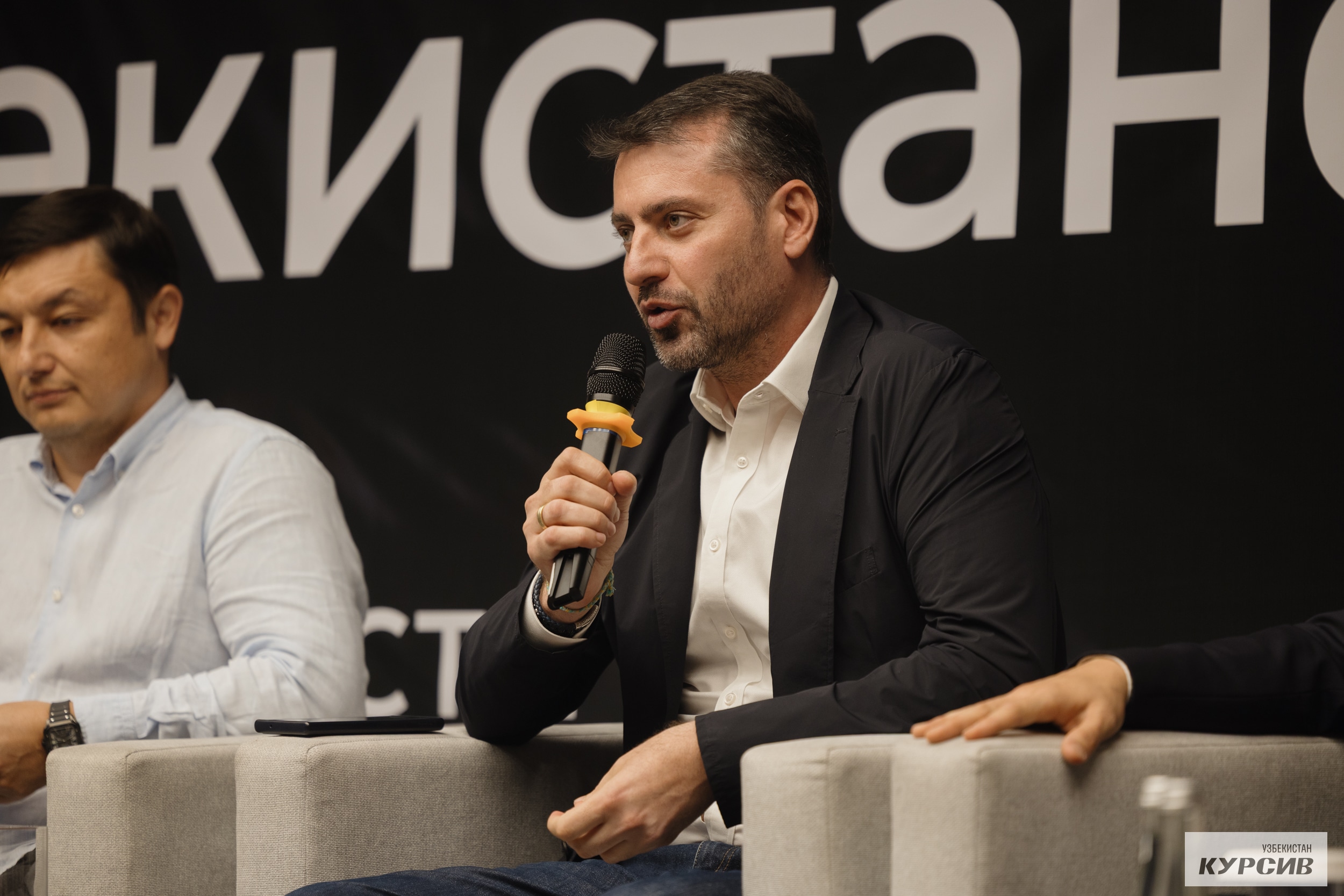
«An investor won’t buy a three-year bond if they can’t exit after six months. We need liquidity — and more institutional players and market makers,» he said.
He added that TBC has already attracted around USD 500 mln to Uzbekistan, including international placements of soum-denominated bonds settled in US dollars. Bonds, he stressed, are a more stable funding instrument than deposits, especially in markets where withdrawals can happen at any time.
Oybek Mamajanov: We need to speak a language investors understand
Oybek Mamajanov, Deputy CFO of Uzum, noted that many retail investors still distrust new financial instruments. But interest is growing — especially when issuers clearly explain how products work and where the money goes.

«Our goal isn’t just to sell a bond. We need to explain why it exists, how it works, and how the investor earns,» he said.
All funds raised by Uzum go toward expanding the company’s BNPL service, Uzum Nasiya. According to Mamajanov, the segment doubles its loan portfolio and profit annually. He sees bonds as a stable and flexible funding tool and expects regular issuances going forward.
Foreign investors are already active — but exit tools are lacking
Speakers pointed out that foreign investors have already entered the market. A Kazakhstani fund invested in Agat Credit bonds after opening an account in Uzbekistan, and TBC has placed soum bonds abroad with USD settlement.
Yet challenges remain. Domestic issuance of FX-denominated bonds is still not possible. Hedging tools are also unavailable. These limitations continue to restrict wider foreign participation.
What’s next: trust, infrastructure and a new generation of issuers
Panellists agreed that the next phase will require stronger trust from both the public and businesses. The market needs infrastructure — market makers, a working secondary platform, and better data transparency. It also needs a broader base of issuers, particularly among SMEs.







